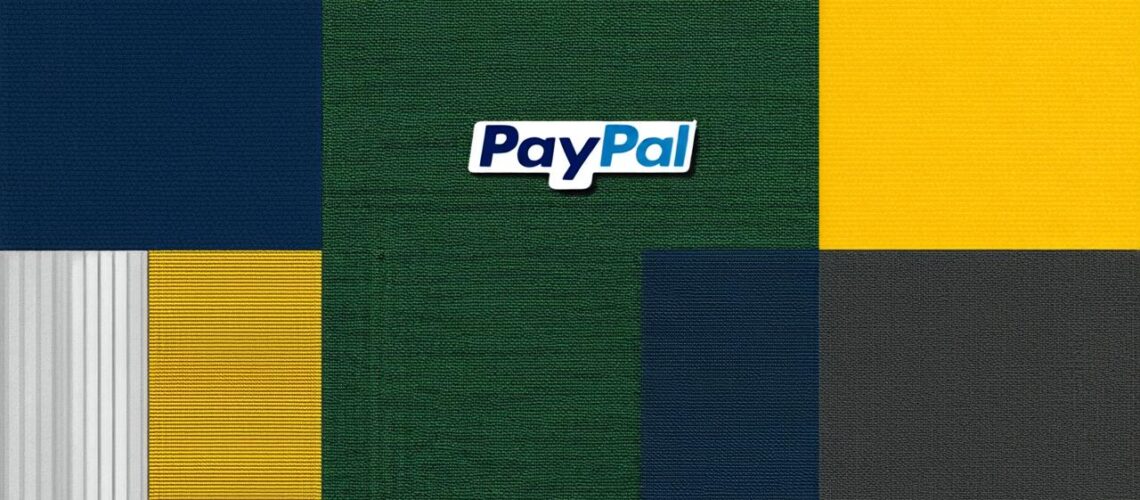Which company was previously the owner of PayPal?


Introduction
In today’s fast-paced world, online payment systems have become an essential part of modern life. From e-commerce transactions to online banking, these platforms have revolutionized the way we make and receive payments. One such platform is PayPal, which was founded in 1998 and has since grown into one of the most popular and widely used payment systems in the world. But do you know who previously owned PayPal? This article will explore the history of PayPal’s ownership and the evolution of online payment systems.
PayPal’s Early Days: The Founders and Their Vision
PayPal was founded by Max Levchin, Peter Thiel, and Elon Musk in 1998 as a company called X.com. The founders were inspired by the idea of creating a platform that would enable people to make online payments easily and securely. They envisioned a future where people could shop online without worrying about their credit card information being stolen or compromised.
The Aftermath: PayPal’s Merger with eBay and Its Future Owners
At its inception, X.com focused on providing payment processing services to e-commerce businesses. The company quickly gained traction in the marketplace, and by 2000, it had become one of the largest e-commerce payment processors in the world. However, the company’s success was short-lived, as it suffered a major security breach in 2001 that resulted in the theft of $165 million from customer accounts.
The Aftermath: PayPal’s Merger with eBay and Its Future Owners
In the aftermath of the security breach, X.com was forced to change its name and focus on rebuilding its reputation. The company was renamed PayPal in 2002, and it began to expand its services beyond e-commerce payment processing to include online banking and money transfer. In 2003, PayPal was acquired by eBay for $1.5 billion, which marked the beginning of a new era for the company.
The Aftermath: PayPal’s Merger with eBay and Its Future Owners
Under eBay’s ownership, PayPal continued to grow and expand its services. It launched several new products and features, including the ability to send and receive payments in multiple currencies and the introduction of PayPal credit. In 2007, PayPal was spun off from eBay as a separate company, but it still maintained close ties with its parent company through a joint venture called Braintree.
The Aftermath: PayPal’s Merger with eBay and Its Future Owners
Since then, PayPal has undergone several changes in ownership. In 2015, PayPal was acquired by eBay for $22 billion, and in 2018, the company was sold to Japanese conglomerate SoftBank Group for $30.7 billion. Currently, PayPal is owned by a consortium of investors led by Japanese telecommunications giant NTT DoCoMo.
The Evolution of Online Payment Systems: A Comparison with Other Platforms
While PayPal has been one of the most popular and widely used online payment systems, it is not the only one. There are many other platforms available that offer similar services, including Visa, Mastercard, American Express, and Discover. Each of these platforms has its own unique features and advantages, and they cater to different customer segments.
The Evolution of Online Payment Systems: A Comparison with Other Platforms
For example, Visa and Mastercard are traditional payment processors that are used by businesses of all sizes. They offer a wide range of products and services, including credit cards, debit cards, and prepaid cards. In contrast, American Express is primarily focused on high-end consumers, offering premium credit cards with exclusive rewards and benefits.
The Evolution of Online Payment Systems: A Comparison with Other Platforms
Another popular online payment system is Apple Pay, which was introduced in 2014 as a way for Apple users to make payments without having to take out their wallets.